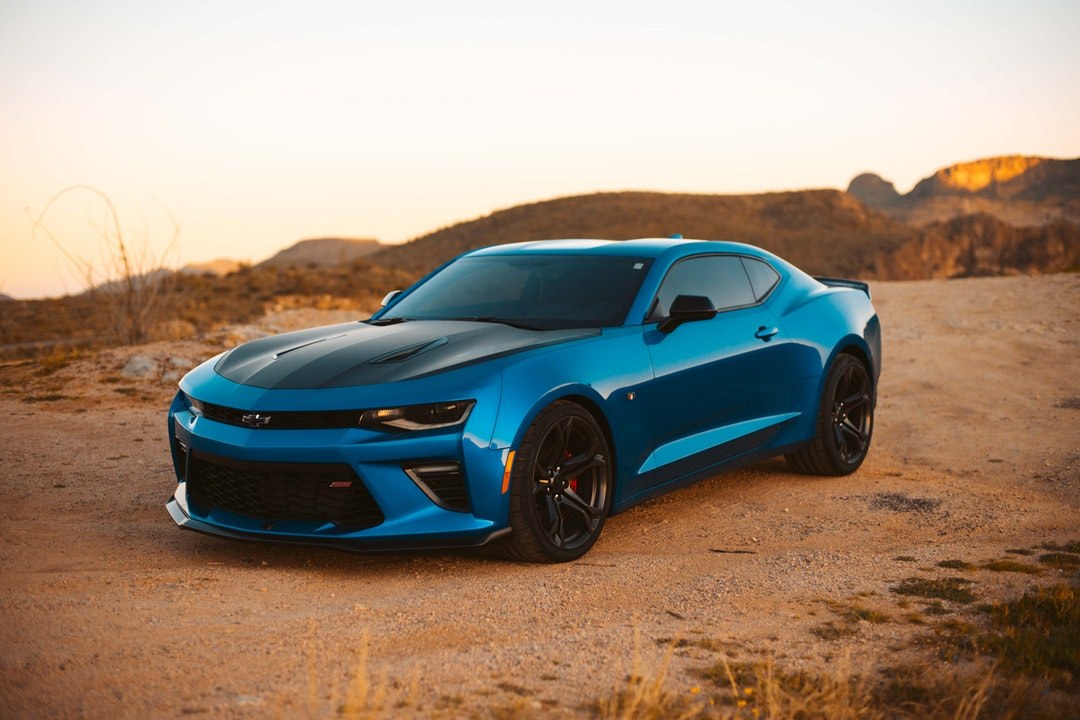Much like elevator operators, gas-powered cars are quickly becoming a thing of the past. There will be an estimated 26.4 million electric vehicles (EVs) on the road by 2030, and they will almost certainly become the predominant car at some point during this century.
Some are still hesitant, not knowing the major differences between electric cars vs. gas cars. Hopefully, we can clear that up for you. Let's talk about electric vs. gas prices, gas vs. electric cost per mile, and more to settle the score on an electric vs. gas car!
Are Electric Cars Cheaper Than Gas?
First, let's start by talking about electric vs. gas prices. More specifically, gasoline vs electricity costs.
Electric vehicles are more expensive to purchase, on average—but not always. Some are a lot more affordable than gas-powered cars, so this is a case-by-case question.
However, thanks to the Inflation Reduction Act passed in August, you can receive a 30% EV subsidies 2022 on some new EVs, depending on the manufacturer. This can make a dramatic difference in the cost and make electric cars much cheaper than gas-powered vehicles. You may even receive rebates on charging stations or other green energy infrastructure that comes with your vehicle!
Also, gasoline vs. electricity costs are quite different, which we'll discuss. Overall, the electric car vs. gas cost winner is certainly electric vehicles.
Is It Better to Have an Electric Car or Gas?
Which is better to have, electric cars vs. gas cars?
It depends on your values, but overall, yes. It's better for the planet and your community, as there will be less air pollution and greenhouse gas emissions, and it's generally better on your wallet. On average, EVs are around 750 pounds heavier than gas cars, but that only matters relative to the cost to tow an electric vehicle.
Overall, it's better to have an electric car vs. gasoline car. The cost of EV vs. gas is better, and it's better for everyone else. Still, it depends on your preferences.
Are Electric Cars Better Than Gas Cars?
In many ways, yes! On electric car vs. gas cost, electric vehicles have some major advantages over gas cars, including the cost of fuel, environmental sustainability, speed, and so much more. However, these do come at a price.
Electric vehicles don't always have the range of gas-powered cars, but that isn't always the case. Some EVs have ranges of more than 400 or even 500 miles. Also, you may have to drive further to find an EV charging station than a gas station, and refueling will take longer.
Overall, it depends on your priorities with your vehicle. However, EVs certainly has some advantages. Let's talk about the cost per mile electric car vs. gas!
Cost Per Mile Electric Car vs. Gas
The cost of charging electric car vs. gas is quite different. On average, the cost to drive a gas-powered car for one mile is around 17 cents.
With fluctuating gas prices, this can be even higher. At $4 per gallon and 15 mpg, you could be spending $0.26 per mile. So, what about gas vs. electricity cost per mile?
Conversely, the average electric vehicle costs around $0.05 per mile to operate. However, this depends on the cost per kWh and the weight of your vehicle. Still, EVs are far cheaper to fuel on average on gas vs. electric cost per mile.
Charging an Electric Car Cheaper Than Buying Gas?
The cost of EV vs. gas is quite different. What is the cost to charge an electric car, and is it cheaper?
Yes, and on almost every model. Believe it or not, charging an electric pickup truck from 0 to 100 may even be cheaper than fueling a sedan with gasoline! 12 gallons at $3.50 per gallon is $42, whereas charging a Ford F-150 Lightning (98 kWh) at $0.11 per kWh is only $10.78.
That's a staggering difference between electric cars vs. gas cars on price, and it's even more dramatic when you compare similar-sized vehicles. The gas vs. electric car cost per mile is an easy victory for electric vehicles.
Cost Comparison Tesla vs. Gas Car?
Let's try a cost comparison gas vs. electric car. Tesla is the most popular EV manufacturer in the US, so we will use them as an example here. Keep in mind these are luxury vehicles, and you can buy cheaper electric cars.
Still, at $46,000 for a Tesla Model 3 base edition, that's around the average. Currently, new cars in the US (gas or electric) will sell for about $50,000 in 2022.
Okay, but let's say you save $10,000 on the cost of a new, comparable gas car with an impressive 30 miles per gallon.
Again, the cost of charging electric car vs. gas is quite different. If you keep these two cars for 150,000 miles, you would spend $25,500 on average just to fuel your car over the course of its life. With that Model 3, you would only spend $7,500, making up the difference of the cost twofold.
Maintenance on Tesla vs. Gas?
Maintenance is another important factor in electric cars vs gas cars.
When it comes to maintenance on electric cars vs. gas, there is no comparison. There are far more moving parts in a gas-powered vehicle, including fluids that need changing, belts that need replacing, and so much more. A lot can go wrong in a gas-powered engine, drivetrain, and more.
While EVs require more specialized services on average, they have fewer components to break. The entire car is essentially the battery, one-speed drivetrain, wheels, braking system, and body. That's it, making maintenance costs much lower on average.
Moreover, Teslas specifically have warranties that allow for certain maintenance to be done for free. The advantage of maintenance on electric cars vs gas undoubtedly goes to Tesla. The electric car vs. gas cost of maintenance is quite substantial!
As you can see, the difference between cost per mile EV vs. gas and ongoing maintenance costs make EVs much more affordable over the long run. So, how long do they last?
How Long Do Electric Cars Last?
On average, but certainly, not always, electric cars last for as long as their batteries, which are typically the most expensive component. With the right lithium-ion battery, you can potentially reach up to 6500 lifecycles, which means you can run your vehicle daily for up to 20 years.
On average, you can expect to keep an EV for around 17 years at 12,000 miles per year. This gives it a lifespan of 204,000 miles on average. Still, this depends largely on the make and model of the vehicle and battery!
And again, the cost per mile EV vs. gas is much better for electric. That 200,000-mile lifetime will save you a small fortune! Again, we have to choose electric in electric car vs. gasoline car.
See the Difference Between an Electric vs. Gas Car For Yourself
Now that you know the key differences between electric vs. gas car, electric car vs. gas cost, gas vs. electric cost per mile, and a little more about electric ownership, you can see why electric cars are becoming so popular. If you want to enjoy some of the benefits mentioned above, get started right away! The gas vs. electricity car cost per mile and lifetime costs are much better for EVs.
Stay up to date with our latest automotive tips, and check out our car shipping calculator to see the difference between electric cars vs. gas cars today!



